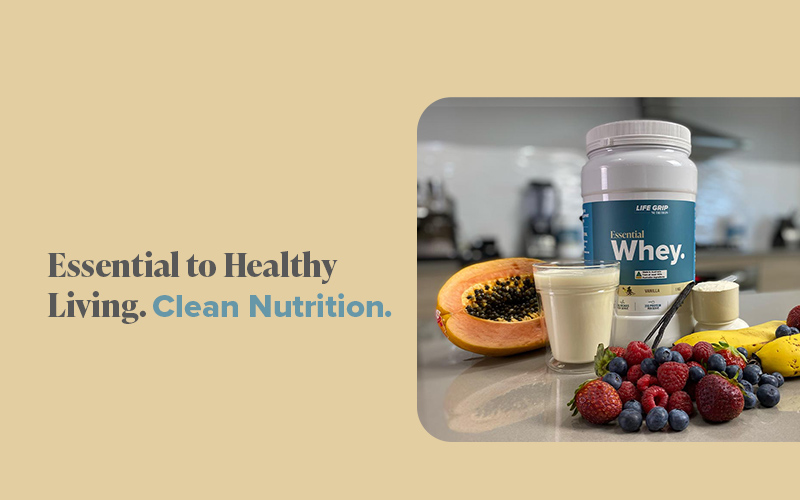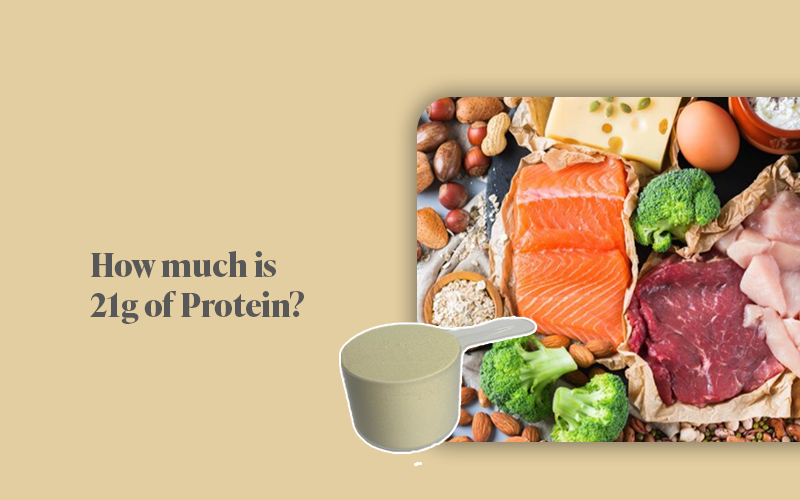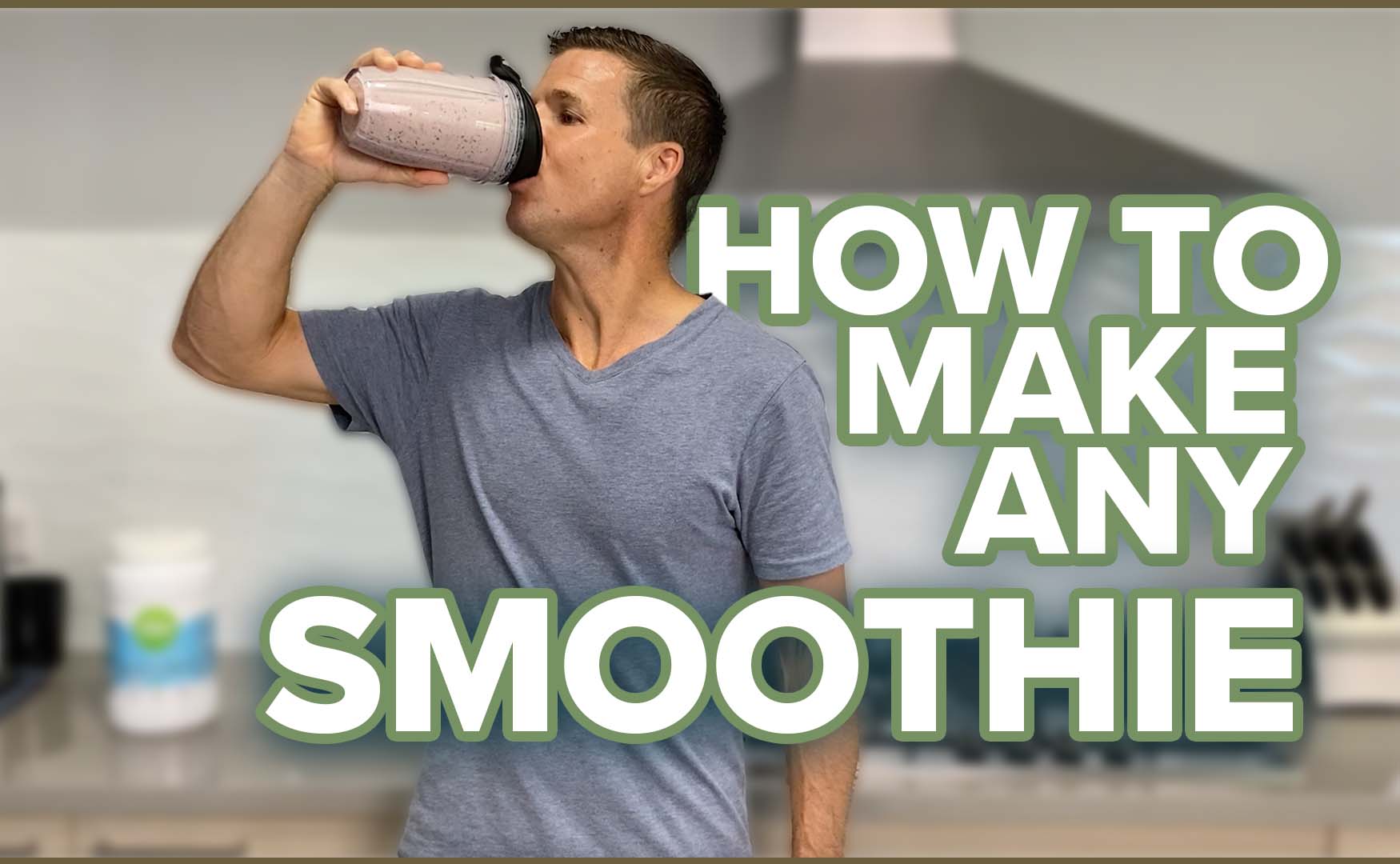heart rate
heart rate variability
hrv
lifestyle
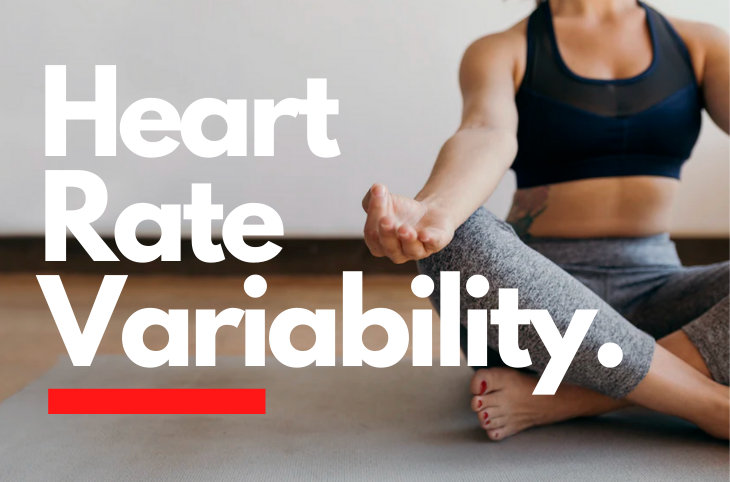
Heart Rate Variability
What is happening between each heart beat is the window into your health.
What is Heart Rate Variability?
Heart rate variability is the difference in time between each heartbeat. Because the heart is controlled by the ANS (Autonomic nervous system), HRV can provide valuable insights into your state of health. It doesn’t beat like a metronome, there’s a difference in time between each beat.

There’s a lot of science behind HRV, especially coming out of the Heartmath Institute who have been leaders in HRV for decades. They have proven the heart sends much more information to the brain, then what the brain sends to the heart.
A belief that the heart really is the centre of the body. We feel everything in the heart. When we see an image that strikes an emotion of love, where do we find we automatically place our hands? On our heart.
We seem to have an innate emotional attachment with the heart, more than any other muscle or organ in the body. Or maybe we could say we have a similar experience with the stomach. When we see things that excite us or make us stressed or sad we feel emotions in the stomach, gut and heart.
Why is there a difference in HRV?
A stressed state will create a larger HRV. This could be due to lifestyle factors, poor sleep, lack of recovery, overworked and over trained. Our body and mind need recovery and the best place for this is during sleep. Good quality, deep regular sleep. Good sleep behaviour (read more about how to sleep better here).
This variation of time between beats (HRV) is due to the ANS (Autonomic Nervous System) and it’s 2 parts. The Sympathetic and Parasympathetic nervous systems.
Sympathetic: Fight or Flight
Parasympathetic: Rest and Relaxation
It’s the constant back and forth of these 2 which create the natural variability. So in summary, HRV is the window into the balance of your Autonomic Nervous System.
Your parasympathetic nervous system is your vagus nerve. This is what fires when you see an image, video that evokes feelings of compassion. You’ll more than likely get a feeling in the throat, maybe wet eyes, a strong feeling in the heart and stomach. When you feel these, it’s your vagus nerve.
The sympathetic side accelerates the heart and the parasympathetic slows it down. It’s this balance that creates your HRV.
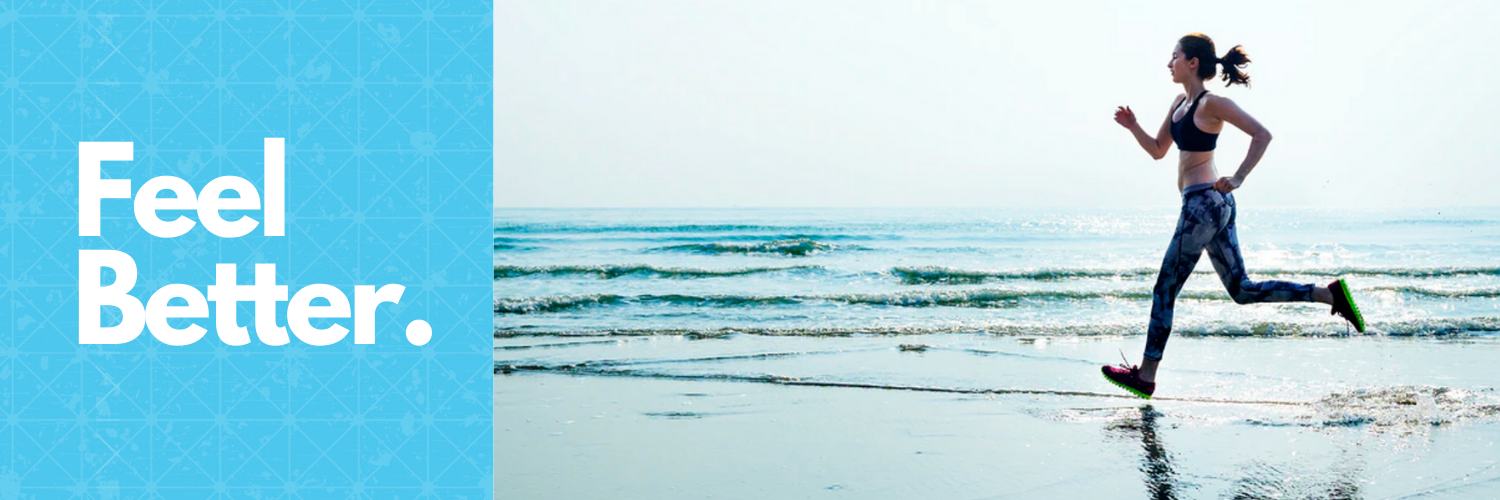
How can we improve HRV?
Your emotional state impacts your HRV. Frustration, anger and anxiety put you in a stressed state and can change your HRV. The balance between your sympathetic and parasympathetic isn’t exactly working together, to give you an optimal state. Far from it actually. Extended periods of time with a sub-optimal HRV can increase ageing, impact mental health, your emotional wellbeing and greatly affect your sleeping patterns.
A poor HRV compounded with inadequate recovery and poor sleep, this is a recipe for disaster and you can only last so long in this state. It’s like your rpm gauge is ‘red lining’ or ‘in the red’, constantly burning out.
We can look at lifestyle factors, but a huge indicator is your sleep quality. There are some simple things to can implement which can impact your HRV.
- Mediation
- Breathing Exercises
- Taking time out to relax more often
But the biggest impact is the way we breathe. Who knew a simple breathing exercise can almost instantly (depending on your emotional state) recover your HRV and have you feeling calm. Here’s the breathing exercise below;
- Inhale 5 seconds
- Hold 1 second
- Exhale 5 seconds
- Hold 1 second
_
_
That’s it. You can change your emotional state in as little as a few breath cycles. When you’re reading your HRV on a screen (real time), you can watch live. As you feel your emotional state change, you’ll see this change on the screen. Now add a certain emotional feeling and you’ll see this change happen real time! For example, if you are to look at a spectrum of images or videos from 'war and suffering', to 'heroes and giving', as you feel your emotional state change, you’ll be able to see your HRV change in real time, live on the screen.
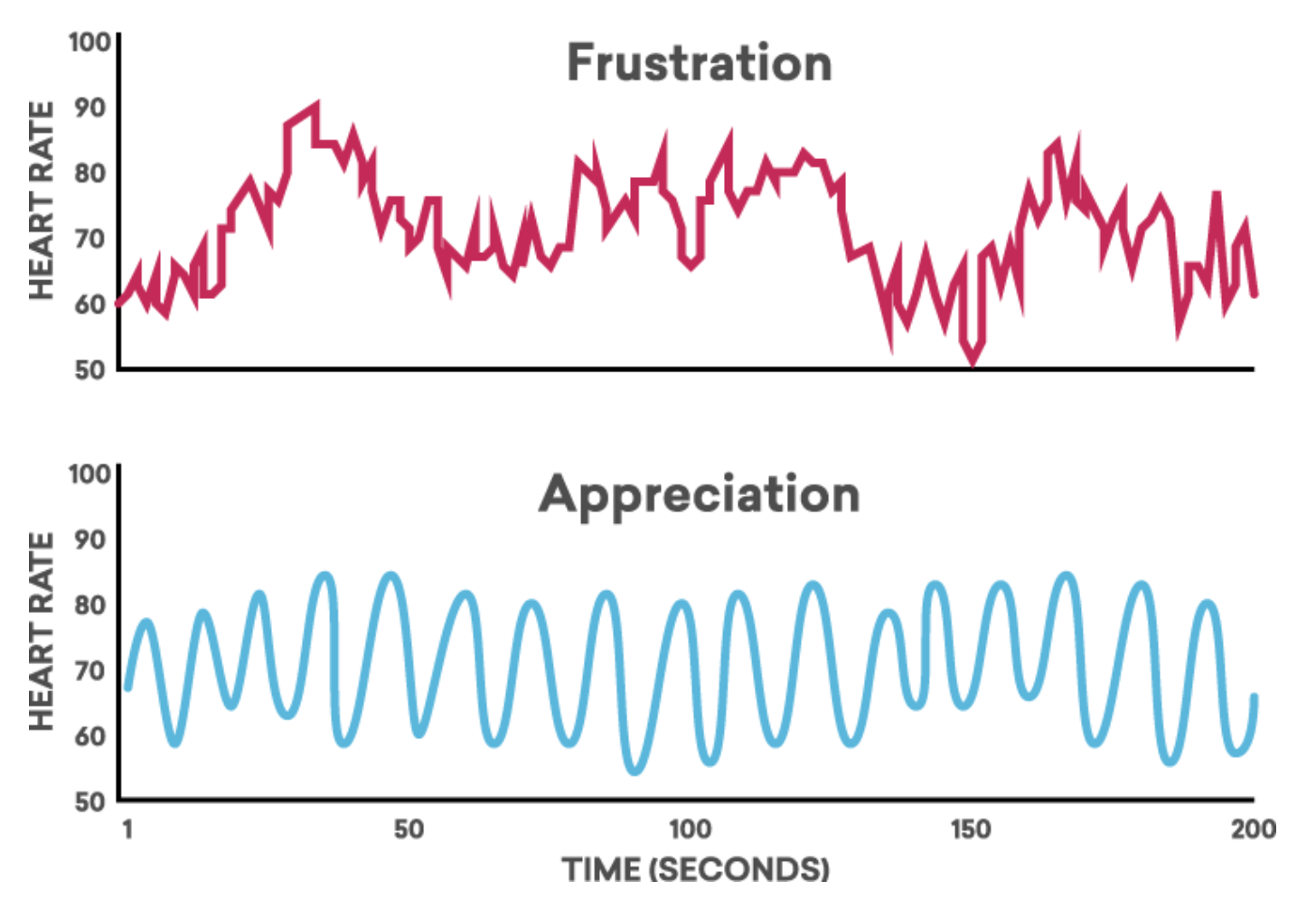
So if your emotional state affects us so much, it is clear that being acutely aware of how we feel throughout our day, we can pinpoint what's working for us, what's working against us, what to change and what to implement.
We get a very different body and mind experience between a positive or a negative emotion. It is up to us how we choose to feel, which ultimately comes down to perception. Emotions of love, gratefulness, appreciation and joy seem to create an optimal HRV. All these emotions are in our control and moving to these more often can improve your HRV, your emotional state and quality of life in general, not to mention your mental wellbeing.
_
_
How can I start accumulating HRV data?
You need to be able to read your HRV. You’ll need a device. This can either be a wearable device or a device you can check at your leisure. Many smartwatches and simplistic wearables for your wrist have this function to read and monitor your HRV.
There’s also a ring you can wear from Oura which may be easier for people who don’t want to go into wearing a smartwatch. This ring has optical sensors on the inner side of the ring and a long battery life that tracks HRV, sleep and heart rate.
The other option for you is Heartmath. Their devices and software allow you to check and easily change your HRV through breathing and emotional regulation. You can see this change happen in real time. It is amazing to see your emotional, mental and nervous system state change in real time, putting you in control.
Summary:
Your Heart Rate Variability is a look into your emotional state, stress levels, resilience, nervous system and a great general health marker. It provides a window into your health that no blood test can provide and it’s real time.
It shows you that you're the one in control of your emotional state. Your breathing, perception and emotions are all in your control and daily focus and daily sessions of HRV monitoring can change your life.
Isn’t the quality of your life based on the quality of your emotions you experience on a daily basis? If you agree, then a focus on HRV is something to implement.
Kind Regards
Adam I LIFE GRIP

about us
Our focus goes into the products we pro- duce in order to increase your quality of life. While other companies are focused on glamour, fashion and fitness models, we’ll still be here creating the cleanest supplements on the market.
A brand built on quality, virtue, convenience and a minimalistic focus to retain mother na- tures perfect formula, for us all to reap the benefits. At Life Grip we Eat, Think & Live Clean.
get updated
stay updated & subscribe to our newsletter
recent posts
like us on facebook
